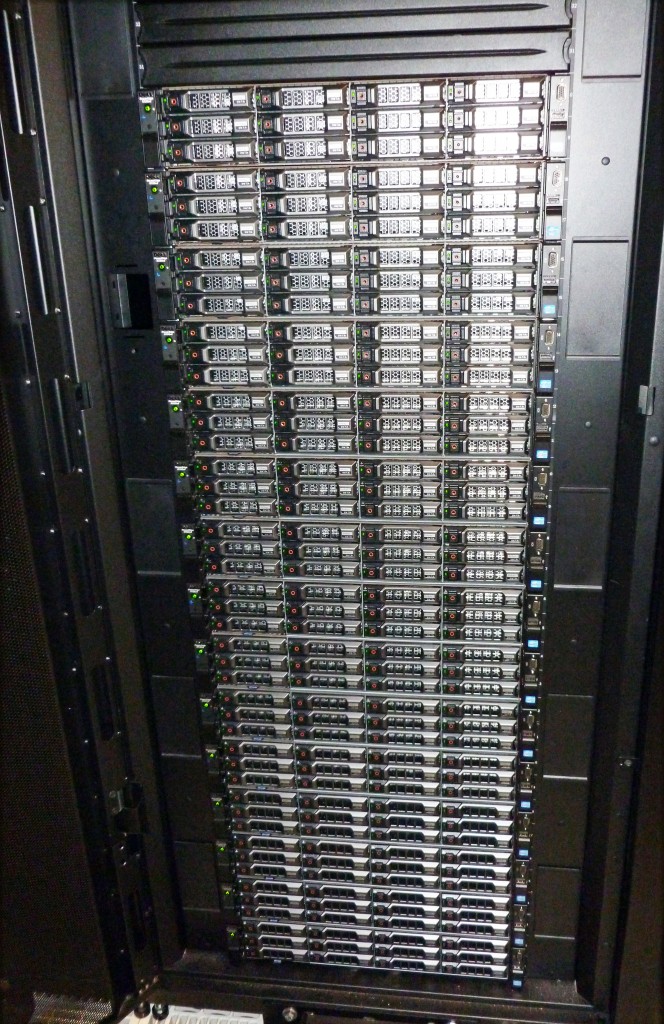RENCI and the UNC-Chapel Hill Odum Institute for Research in Social Science are combining their expertise in technology and the social sciences to begin development of a Virtual Institute for Social Research (VISR). The VISR will be a multifaceted high performance data and computing research environment that brings together researchers from across the world to collaboratively address the challenges facing social science.
“VISR will enable collaborative social science research of unprecedented scope and scale,” Odum Institute Director Tom Carsey said. “Launching VISR at UNC will capitalize on our historic strengths in social science, the incredible partnership we have between Odum and RENCI, and should help to position UNC at the forefront of computational social science and the big data revolution in social science.”
The proposed VISR will include a large-scale cyberinfrastructure designed for researchers in social science, computer science, statistics, information science, environmental science, health science, and related domains to work together to address the social, political, and economic challenges of the 21st century. VISR will provide high performance computing resources and access to data and software in a secure computing environment to any researcher with Internet access. Ultimately, VISR may include education and training materials, outreach programs, and initiatives to promote collaboration with industry and government partners.
Although VISR would be an entirely new type of environment, it is modeled after the iPlant Collaborative, which is a partner in the DataNet Federation Consortium (DFC) project led by UNC Chapel Hill. RENCI, Odum, and the Data Intensive Cyber Environments (DICE) group also participate in the DFC. iPlant provides a similar model of online resources for plant biologists. VISR will utilize several RENCI and DICE-developed tools, including the iRODS data management platform and the Secure Research Workspace, a system that allows researchers to securely work with sensitive data. It will also offer the NSF-funded Dataverse Network tool operated by the Odum Institute, which is an application to publish, share, reference, extract, and analyze research data.
To obtain the hardware needed to build the VISR prototype infrastructure, RENCI and Odum received a grant from the UNC-Chapel Hill Office of the Vice-Chancellor of Research. The funds purchased equipment needed for the project, including Dell high performance servers, data leak protection software, and a VMware vCenter license. These will be installed within the next few months in Odum’s space in the Information Technology Services building on the Chapel Hill campus to add to existing storage capabilities.
The funding also will support travel for a team from Odum and RENCI to work with iPlant staff at the University of Arizona to better understand their system. Another team of researchers from Harvard also will work with staff at Odum and RENCI to design the VISR. Odum Assistant Director of Archive and Information Technology John Crabtree said that with RENCI’s help and expertise, the prototype VISR environment will be operational in early 2015.



